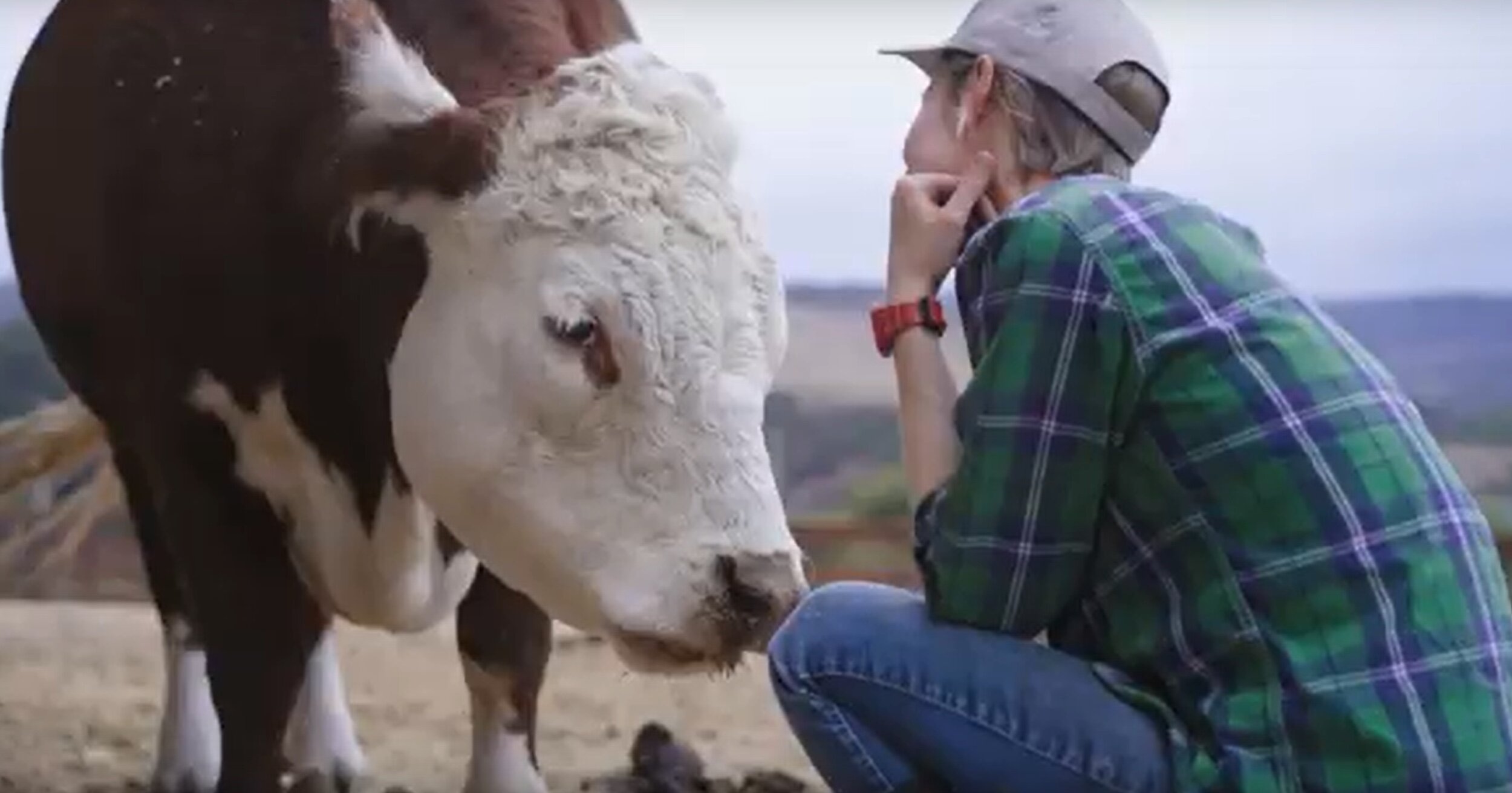ARE SANCTUARY FARMS A SOLUTION TO OUR BROKEN FOOD SYSTEM?
By Jessica Scott-Reid
LivingFuture /Sanctuary at SHO’s Melissa Hoffman was interviewed by journalist Jessica Scott-Reid for this March article in Planet Friendly News.
Read the full article HERE
“In the search for solutions to our broken food system and looming climate chaos, a revolution — or perhaps a devolution — has begun. In attempts to counteract noted harms resulting from industrialized agriculture, on the land, to the air, animals and people, some farmers are now looking backwards, to traditional methods of food production. Regenerative, organic, and veganic farming each hope to be the answer to the question of how to grow food while also rebuilding soil and trapping carbon. But the debate continues regarding what role domestic animals should play within these systems.
While both organic and regenerative farming can include breeding, farming and killing animals for food and other products, veganic farming does not generally include the use of domesticated animals or their products in any way.
Or, are there grey areas?
Within each system there appears to be a magical space where domesticated animals are incorporated into food production, but only of their own accord: no exploitation, no slaughter. It’s what one might call the sanctuary farming method, and it may just offer the most progressive solution yet.
One such place, is Sho Farm and Sanctuary in western Vermont, where a flock of 107 rescued ducks call the 1,300-acre regenerative farm, home. Growing fruit -- mainly sea berries -- nuts, perennial vegetables, and most recently hemp, farmer Melissa Hoffman describes the ducks as “farm partners,” and “completely here as themselves.” Hoffman says that while the ducks are dependent on her and her partner for supplemented food and safety, “we don’t ask anything of them.” Instead, she says, just by existing they provide positive benefits to the farm. “When it’s warm enough outside, they go out and forage in the orchard. They love to eat flies, they love to eat slugs, and snails,” providing natural pest control. They also aerate the soil by plunging their bills into the land in search of insects. And they fertilize by leaving their droppings. Hoffman also composts the manured hay from the ducks’ barn, attracting worms and “creating the most amazing compost for humic acid, and humus in the soil,” she says, which she calls “invaluable.”
Sho Farm is also committed to aiding in the restoration of wild ecosystems and wild habits, adds Hoffman, through agroforestry and perennial agriculture, and what she calls “wildlife integrated food systems.” “
Photo by Shawn Smith, Co-Director of Living Future and Sanctuary at SHO

